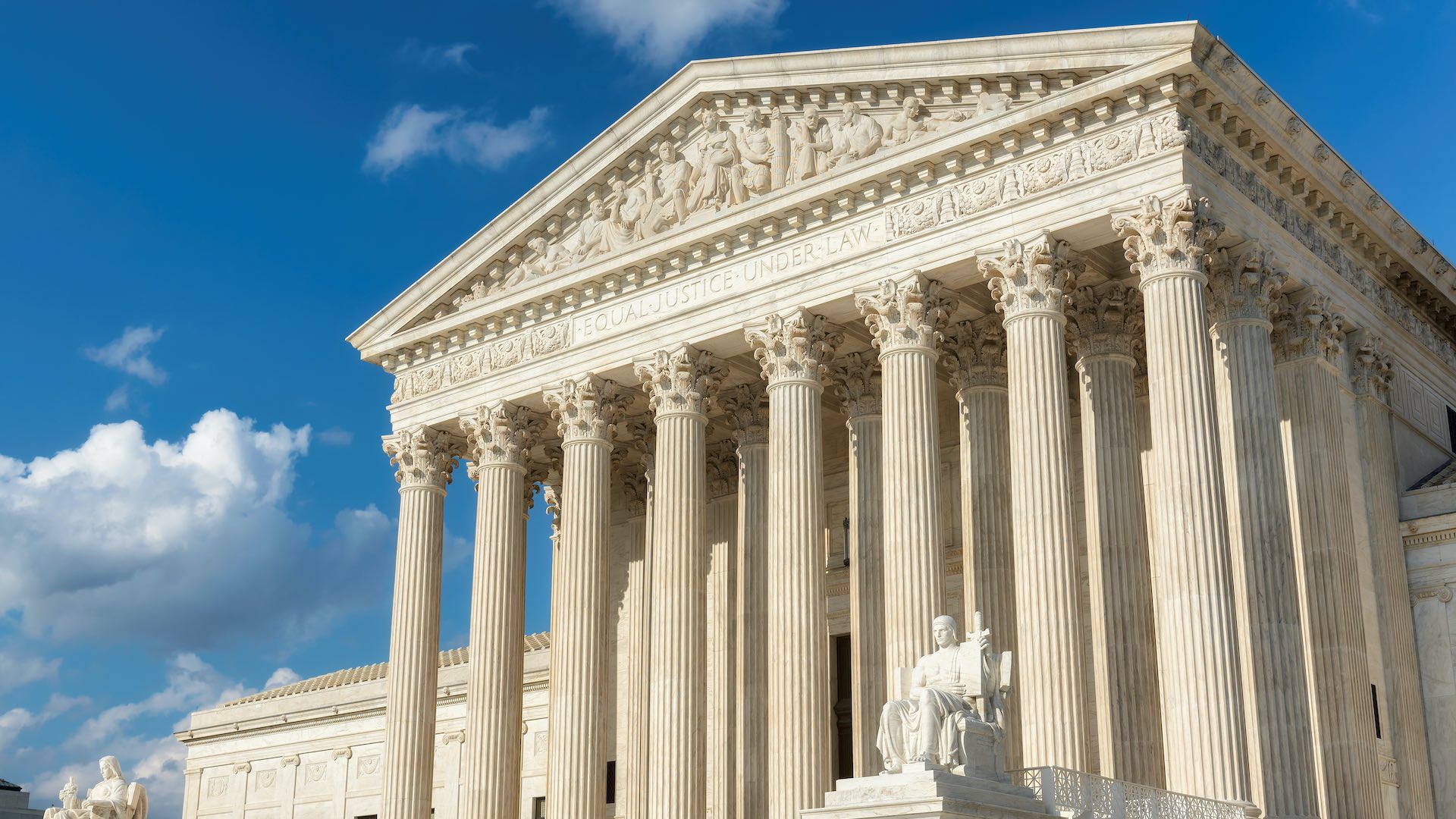
The Supreme Court is leaning towards giving more authority to tribal police officers to stop and search non-Indians on tribal lands.
The justices weighed arguments in the Justice Department’s appeal of a lower court’s decision to dismiss evidence of drug-related crimes because a tribal officer did not have the authority to conduct the search of a non-Indian.
According to the AP, the case in question involved a 2016 traffic stop on the Crow reservation in Montana. Officer James Saylor of the Crow Tribe Police Department approached a pickup truck parked on the shoulder of the U.S. Route 212 with its headlights on and motor running. The driver, Joshua Cooley, had “water, bloodshot eyes” according to Saylor. Upon searching the car, Saylor found methamphetamine, a handgun, and two semiautomatic rifles.
Saylor then called for help from federal and county officers who arrested Cooley. Following the arrest, Cooley was released and evidence from the search dismissed.
According to the AP, tribal police have “limited authority” over non-Indians. The 9th Circuit U.S. Court of Appeals held that tribal police could not detain non-Indians unless evidence of a crime was “obvious” or “apparent.”
Now, the case moves to the Supreme Court where justices are hearing arguments and reevaluating the position of tribal officers.
When Justice Samuel Alito asked Cooley’s lawyer, Eric Henkel, about a hypothetical scenario where a tribal officer had reasonable suspicion that a person was a murder, Henkel said: “The officer must let the driver go in such a situation. No, I don’t think he has enough because reasonable suspicion is such a low threshold.”
Chief Justice John Roberts said that the limitations of tribal police threaten the legal authority that tribes have over their own lands.
“What could threaten that more than the idea that you can’t do anything about somebody within the reservation that you have good reason to believe is violating criminal law?” Roberts asked.
While tribes can’t use their own courts to try non-Indians for crimes committed on reservations, Justice Department lawyer Eric Feigin said that tribal authorities should be able to detain and hand someone over to state or federal authorities.
A decision has not yet been made as to whether tribal police can search and detain non-Indians under reasonable suspicion, but is expected to be due in June.





